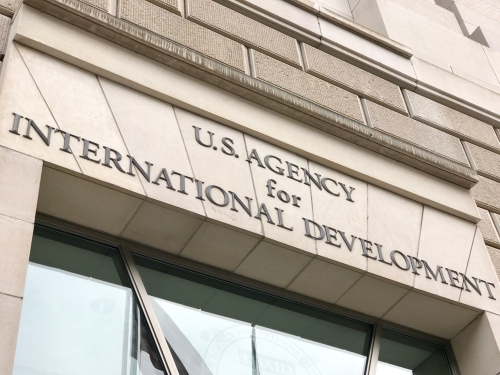
The U.S. Agency for International Development (USAID) has selected Tufts University to spearhead a $100 million program to assess and address zoonotic viral disease threats such as SARS-CoV-2.
The effort would target spillover from animals to humans to reduce the risk of infection, amplification, and spread. Strategies to Prevent Spillover (STOP Spillover) builds on the university’s expertise in One Health – the interrelated health of humans, animals, the environment, and many related fields. The work scope is slated to involve wildlife and human disease experts from both the university and organizations across the globe.
“The transmission of zoonotic viral diseases to humans can cost lives, disrupt economies, and create lasting human health and societal problems, as we’ve seen most recently with the impact of COVID-19,” Deborah T. Kochevar, the STOP Spillover program director and a faculty member at Tufts, said.
The program leverages expertise from Tufts’ schools in infectious-disease forecasting, surveillance, prevention and eradication; food and water safety and risk reduction; social behavioral change; global health diplomacy; and One Health programming and education.
“Viral zoonotic disease outbreaks are becoming increasingly frequent,” Kochevar said. “In our approach, it is not enough to know what to do to reduce viral spillover risks. We must also work with partners to institutionalize knowledge in existing systems, adapt learning to the local context, and continuously expand upon newfound expertise.”




